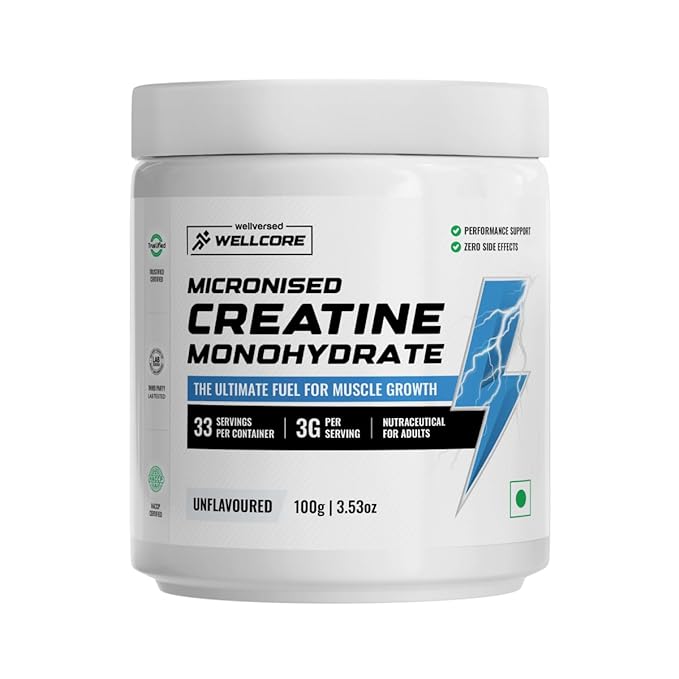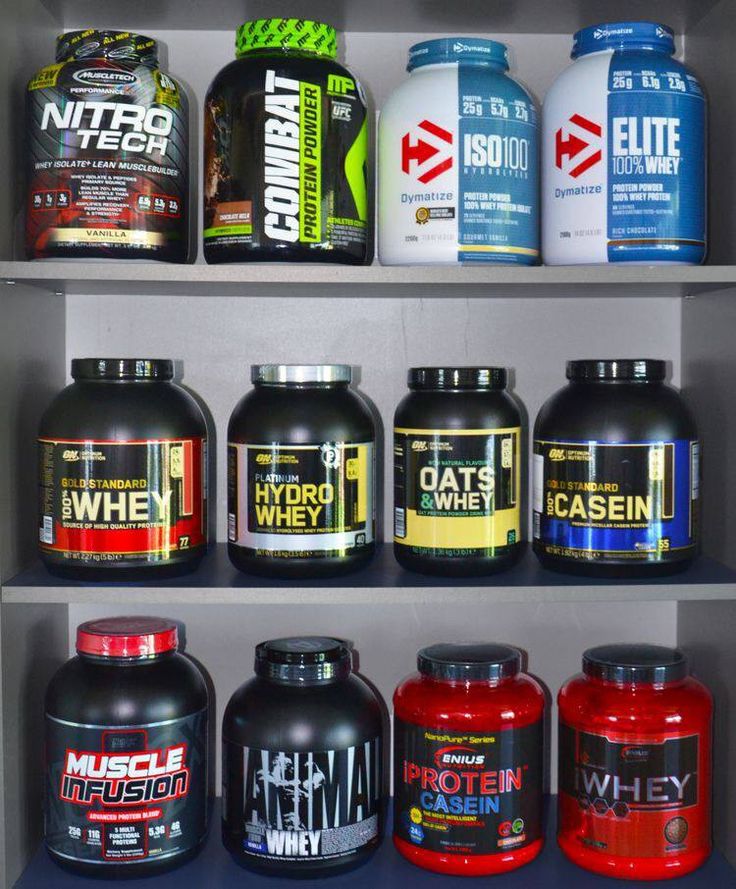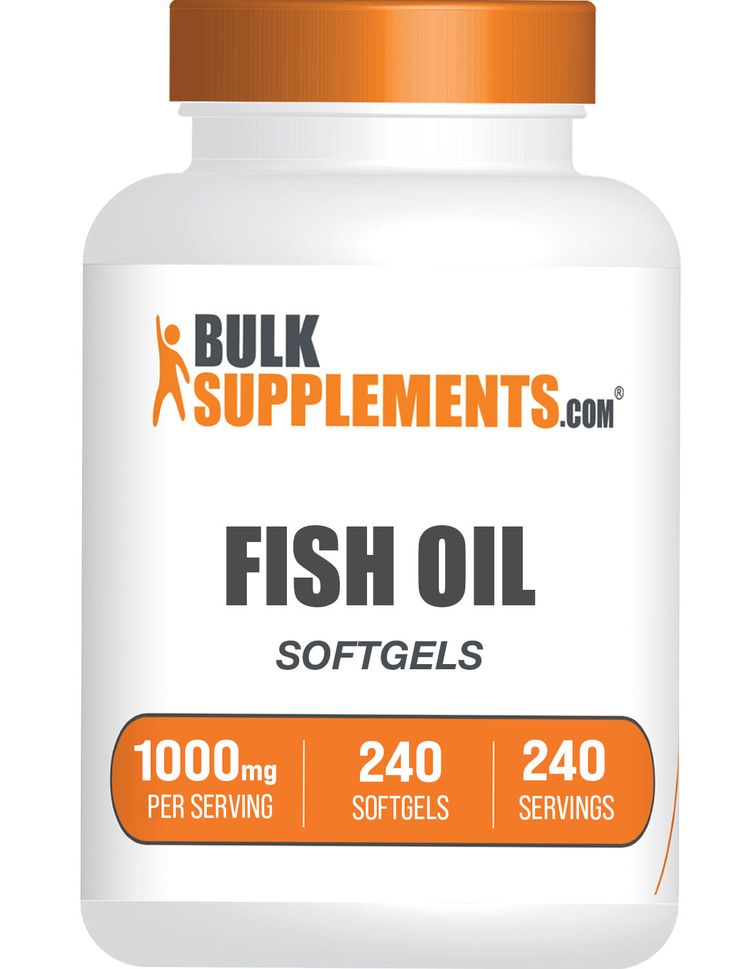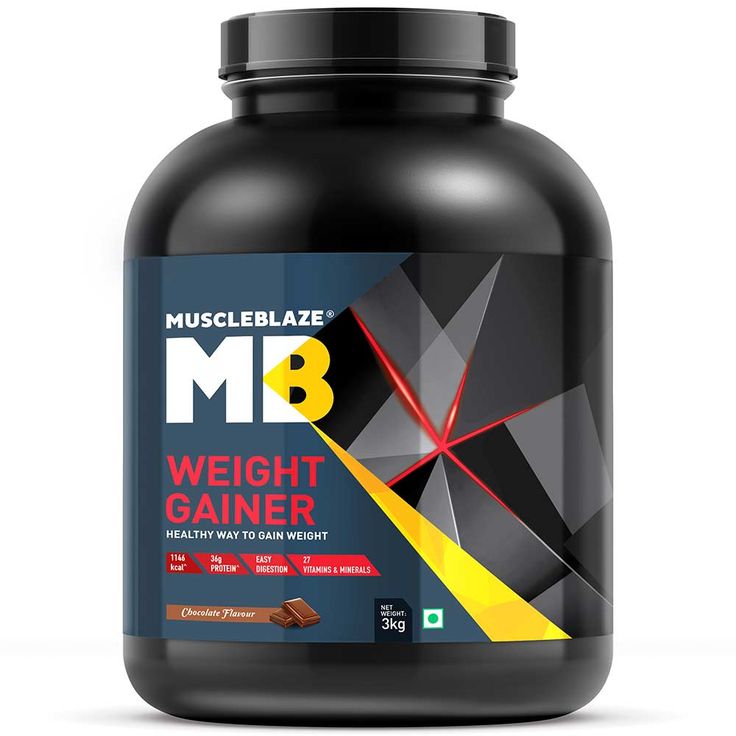1. Creatine
Creatine: The Essential Supplement for Muscle Growth and Performance
Introduction to Creatine
- Creatine is one of the most popular supplements in the fitness world, widely known for its ability to boost muscle growth and enhance physical performance. Whether you’re a bodybuilder, athlete, or someone just starting in fitness, creatine can play a pivotal role in helping you achieve your goals.
What is Creatine?
Creatine is a naturally occurring substance found in small amounts in certain foods and synthesized in the body. It is stored in muscles and used as a quick source of energy during intense activities. Supplementing with creatine increases the stored amount, leading to improved strength, power, and endurance.
Benefits of Creatine for Athletes
One of the key benefits of creatine is its ability to improve athletic performance. Here’s how it helps:
- Increased Strength: Creatine allows you to lift heavier weights by providing more immediate energy to your muscles.
- Improved Endurance: It boosts stamina during high-intensity workouts, enabling you to train harder for longer periods.
- Enhanced Recovery: Creatine helps reduce muscle damage, leading to faster recovery between workouts.
How Creatine Works in the Body
Creatine is stored in the form of creatine phosphate in muscle cells. During short bursts of intense activity, such as sprinting or weightlifting, creatine phosphate donates a phosphate group to regenerate ATP, the primary energy carrier in cells. This process gives muscles the energy needed to perform at maximum capacity.
Different Forms of Creatine
Several forms of creatine are available on the market, including:
- Creatine Monohydrate: The most researched and widely used form, known for its effectiveness and affordability.
- Creatine Ethyl Ester: A more expensive form, often marketed as being more efficiently absorbed.
- Buffered Creatine: Designed to minimize stomach discomfort that some users may experience with regular creatine monohydrate.
Creatine Loading and Dosage
To maximize creatine’s benefits, many people use a “loading phase,” taking about 20 grams per day for 5-7 days. After this period, a maintenance dose of 3-5 grams daily is sufficient. However, recent studies suggest that the loading phase may not be necessary for everyone.
Who Should Take Creatine?
Creatine is beneficial for athletes, bodybuilders, and fitness enthusiasts. Even those participating in endurance sports, such as running and cycling, can benefit from creatine’s ability to enhance muscle performance. Additionally, vegetarians and vegans, who may not get enough creatine through their diets, can see significant improvements with supplementation.
Is Creatine Safe?
Creatine is one of the most studied supplements and has been proven safe for long-term use when taken in appropriate dosages. Some users may experience mild water retention, but this is temporary and often resolves once the body adjusts. Always consult with a healthcare provider before starting any supplement regimen, especially if you have pre-existing health conditions.
Conclusion: Should You Take Creatine?
If you’re serious about improving your performance, building muscle, or simply getting the most out of your workouts, creatine is a supplement worth considering. Its proven benefits, safety profile, and affordability make it an essential addition to your fitness routine.

2. Protein supplements
Protein Supplements: The Key to Muscle Growth and Recovery
Introduction to Protein Supplements
Protein supplements have become a staple in the fitness and health industry, especially for those looking to build muscle, improve recovery, or maintain a balanced diet. Whether you’re a professional athlete or someone looking to stay fit, protein supplements can provide a convenient and effective way to meet your daily protein needs.
Why Are Protein Supplements Important?
Protein is essential for muscle repair, growth, and overall body function. While many people can get enough protein from their diet, supplements offer an easy and efficient way to increase intake, especially for those with higher protein requirements due to exercise or specific health goals.
Types of Protein Supplements
There are several types of protein supplements available, each with unique benefits:
- Whey Protein: The most popular and fast-absorbing form, ideal for post-workout recovery. Whey is rich in essential amino acids and supports muscle repair.
- Casein Protein: A slow-digesting protein, perfect for sustained protein release throughout the day or overnight.
- Plant-Based Protein: Ideal for vegetarians and vegans, this includes sources like pea, hemp, and soy protein, which provide essential amino acids for muscle building.
- Egg Protein: Derived from egg whites, this protein is highly bioavailable and a great alternative for those with dairy sensitivities.
Benefits of Protein Supplements
- Muscle Growth: Protein is critical for muscle repair and growth. Consuming protein supplements after a workout ensures your muscles get the nutrients they need for recovery and development.
- Enhanced Recovery: Protein helps reduce muscle soreness and speeds up recovery time, allowing you to train more frequently and effectively.
- Weight Management: High-protein diets can help with weight loss by keeping you full longer, and reducing overall calorie intake.
How Much Protein Do You Need?
The protein you need depends on your activity level, age, and goals. As a general rule:
- Sedentary adults require about 0.8 grams of protein per kilogram of body weight.
- Athletes and those looking to build muscle may need 1.2 to 2.0 grams per kilogram of body weight.
Protein supplements can help bridge the gap between your dietary intake and your protein needs, ensuring you’re consistently meeting your targets.
When to Take Protein Supplements
The timing of protein intake can impact its effectiveness:
- Post-Workout: After intense exercise, your muscles are primed to absorb protein, making this the best time for a fast-digesting supplement like whey.
- Before Bed: A slow-release protein like casein can be taken before sleep to provide your body with a steady stream of amino acids overnight, aiding recovery.
- Throughout the Day: Plant-based or other protein sources can be consumed as snacks or meal replacements to keep your protein levels consistent.
Are Protein Supplements Safe?
Protein supplements are generally safe when used as directed. However, it’s important to choose high-quality products without unnecessary additives. As with any supplement, consult a healthcare professional before starting, especially if you have any medical conditions or dietary concerns.
Conclusion: Should You Use Protein Supplements?
Protein supplements are an excellent addition to your diet if you’re looking to build muscle, enhance recovery, or meet specific protein needs. With various types available, you can find the right supplement to match your lifestyle and fitness goals. When used correctly, they can be a powerful tool in helping you achieve your health and fitness aspirations.

3. Fish Oil
Introduction to Fish Oil
Fish oil is one of the most popular dietary supplements, widely known for its rich content of omega-3 fatty acids, which offer a range of health benefits. Derived from the tissues of oily fish such as salmon, mackerel, and sardines, fish oil is a convenient way to increase your intake of essential fatty acids that are crucial for overall health.
What Are Omega-3 Fatty Acids?
Omega-3 fatty acids are polyunsaturated fats that play a key role in many bodily functions, from heart health to brain function. The two main types found in fish oil are:
- EPA (Eicosapentaenoic Acid): Known for its anti-inflammatory properties, EPA helps reduce inflammation in the body, which can protect against chronic diseases.
- DHA (Docosahexaenoic Acid): Essential for brain health, DHA supports cognitive function and has been linked to improved mental clarity and focus.
Health Benefits of Fish Oil
Fish oil is praised for its numerous health benefits, including:
- Heart Health: Omega-3s in fish oil help reduce triglycerides, lower blood pressure, and decrease the risk of heart disease. Regular consumption can improve overall cardiovascular health.
- Brain Function: DHA in fish oil is crucial for brain development and function. It helps improve memory, concentration, and cognitive abilities, while also protecting against age-related cognitive decline.
- Joint Health: Fish oil’s anti-inflammatory properties can reduce symptoms of arthritis and joint pain, improving mobility and comfort.
- Skin and Hair Health: Omega-3 fatty acids nourish the skin, making it more hydrated and less prone to acne and wrinkles. They also promote stronger, shinier hair.
How to Choose the Right Fish Oil Supplement
Not all fish oil supplements are created equal. To get the most out of your supplement, consider the following:
- Concentration of EPA and DHA: Look for a supplement with a high concentration of these key omega-3s.
- Purity and Sourcing: Choose products that are sourced from wild-caught fish and are free from contaminants like mercury and PCBs.
- Form: Fish oil comes in liquid, soft gel, and capsule forms. Choose the one that fits your preferences and lifestyle.
Recommended Dosage of Fish Oil
The typical daily dose of fish oil ranges from 250 to 1,000 mg of combined EPA and DHA. For those with specific health conditions or higher omega-3 needs, a healthcare provider might recommend a higher dosage.
Who Should Take Fish Oil?
Fish oil supplements are beneficial for anyone looking to support heart, brain, and joint health. They are especially useful for:
- People who do not consume enough fatty fish in their diet.
- Those with a family history of heart disease or inflammation-related conditions.
- Individuals with skin conditions like eczema or psoriasis.
Are There Any Side Effects?
Fish oil is generally safe for most people, but it can cause mild side effects like fishy aftertaste, nausea, or digestive issues. To avoid this, try taking the supplement with meals or opting for an enteric-coated capsule. If you’re taking blood-thinning medications, consult a healthcare provider before using fish oil, as it may increase bleeding risk.
Conclusion: Why You Should Consider Fish Oil
Fish oil is a powerful supplement with a wide range of health benefits, from supporting heart and brain health to improving skin and joint conditions. Its omega-3 content makes it a vital addition to a balanced diet, especially for those who don’t get enough fatty fish. Incorporating fish oil into your daily routine can help you maintain overall wellness and protect against chronic diseases.

4. weight gainer
Weight Gainers: The Key to Healthy Muscle Mass and Weight Gain
Introduction to Weight Gainers
Weight gainers, also known as mass gainers, are supplements designed to help individuals increase their calorie intake and support muscle growth. These products are particularly useful for those who struggle to gain weight or build muscle due to a fast metabolism, limited appetite, or intense training. By providing a high-calorie, nutrient-dense solution, weight gainers make it easier to reach your fitness goals.
What Are Weight Gainers?
Weight gainers are supplements packed with a blend of carbohydrates, proteins, and fats. They are specifically formulated to deliver a large number of calories in a single serving, often ranging from 500 to over 1,000 calories. Many weight gainers also include added vitamins, minerals, and sometimes creatine or other performance-enhancing ingredients.
Who Should Use Weight Gainers?
Weight gainers are ideal for:
- Hard Gainers: Those with a fast metabolism who find it difficult to consume enough calories through regular meals alone.
- Athletes and Bodybuilders: Individuals looking to bulk up, build muscle mass, or recover from intense training sessions.
- People with Limited Appetite: If you have trouble eating large quantities of food, weight gainers offer a convenient way to increase calorie intake without the need for excessive eating.
Benefits of Weight Gainers
- High-Calorie Convenience: Weight gainers provide a quick and easy way to consume a large number of calories, essential for those aiming to gain weight.
- Muscle Growth: The high protein content in weight gainers supports muscle repair and growth, especially when paired with strength training.
- Increased Energy: Carbohydrates in weight gainers provide a sustained energy source, helping you perform better during workouts and recover faster.
- Balanced Nutrition: Many weight gainers include a mix of vitamins and minerals to ensure you’re getting more than just calories but also essential nutrients for overall health.
How to Choose the Right Weight Gainer
When selecting a weight gainer, consider the following factors:
- Calorie Content: Choose a product that matches your daily calorie goals. Some gainers offer 500 calories per serving, while others provide over 1,000 calories.
- Macronutrient Ratio: Look for a balanced ratio of proteins, carbs, and fats. A good weight gainer should have a higher carbohydrate content for energy, with enough protein to support muscle growth.
- Quality Ingredients: Avoid products with excessive amounts of sugar or artificial ingredients. Opt for gainers that use whole food sources, like oats, whey protein, and healthy fats.
- Digestibility: If you have a sensitive stomach, choose a weight gainer that is easy to digest and doesn’t cause bloating or discomfort.
How to Use Weight Gainers Effectively
- Post-Workout: One of the best times to take a weight gainer is after a workout. This is when your muscles are primed to absorb nutrients and calories to aid in recovery and growth.
- Between Meals: If you struggle to eat enough during meals, using a weight gainer between meals can help increase your overall daily calorie intake.
- Before Bed: Some people find taking a weight gainer before bed beneficial, as it provides the body with calories and nutrients during the recovery period of sleep.
Are There Any Side Effects?
Weight gainers are generally safe when used as directed. However, consuming too many calories, whether from supplements or food, can lead to unwanted fat gain. Additionally, some people may experience digestive issues, such as bloating or gas, especially if the product contains low-quality ingredients or excessive sugars.
Conclusion: Should You Consider Weight Gainers?
Weight gainers are an effective and convenient tool for those looking to increase muscle mass, improve recovery, or simply healthily gain weight. If you’re struggling to consume enough calories through whole foods or have a fast metabolism, weight gainers can help bridge the gap. With the right product and a balanced approach, you can achieve your weight and fitness goals more efficiently.

